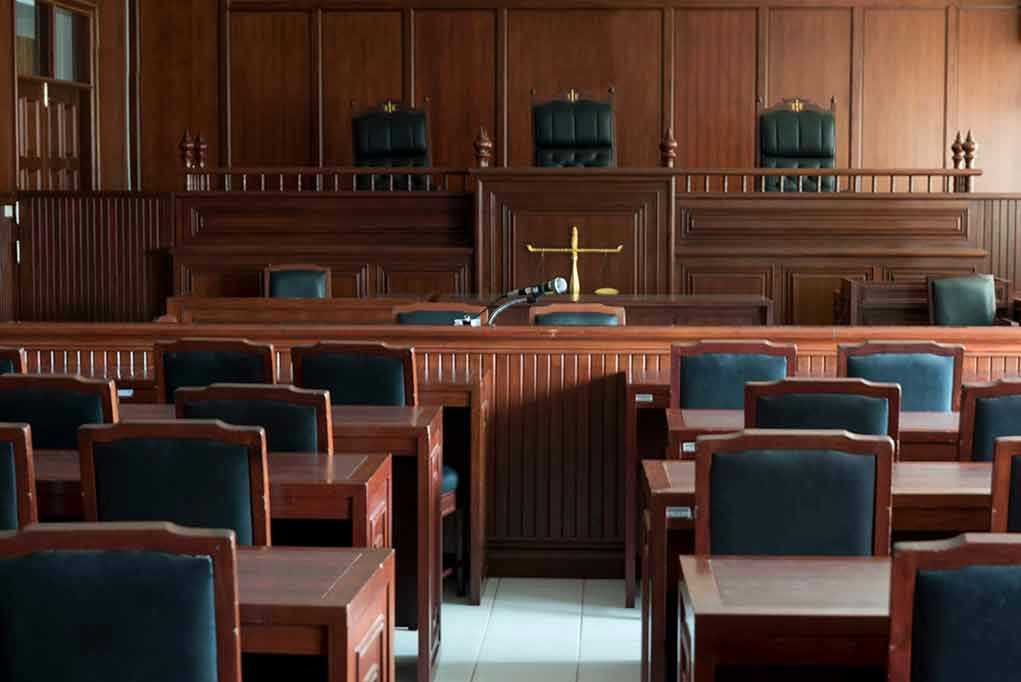
Prosecutors declared a key witness dead in a high-profile murder trial, but investigative journalists found him alive—exposing a breakdown in the justice system that should alarm every American who values due process and government accountability.
Story Snapshot
- Journalists uncovered that Paul Conner, a key witness in the 2006 University of Miami murder case, is alive, despite official claims of his death.
- Prosecutors’ mismanagement and false statements threaten the integrity of the legal process and public trust in law enforcement.
- The case underscores the crucial role of investigative journalism as a check on government power.
- Renewed scrutiny on prosecutorial oversight and the risk of wrongful convictions in the American justice system.
Key Witness Found Alive Amid Prosecutorial Missteps
In a dramatic turn, ESPN reporters located Paul Conner, once thought dead by prosecutors, living in Louisville, Kentucky. Conner’s status as a central eyewitness in the 2006 killing of Bryan Pata, a University of Miami football player, had made him pivotal to the upcoming trial of Rashaun Jones, Pata’s former teammate and accused murderer. For months, prosecutors had represented to the court that Conner was deceased, seeking to admit his previous statements as evidence. The revelation that Conner is alive has cast doubt on the prosecution’s credibility and raised serious questions about the integrity of their case management.
ESPN Reporters Find Witness in Murder Case Alive After Prosecutors Claimed He Was Dead https://t.co/et8ukwIrBd
— Mediaite (@Mediaite) September 19, 2025
Conner’s discovery comes after years of delay and official missteps. The Miami-Dade Police Department and Florida prosecutors failed to resolve the case for nearly two decades, despite repeated media attention and public frustration. ESPN’s investigative reporting in 2020 and 2021 reignited the search for justice, leading to Jones’s eventual arrest. However, the revelation about Conner’s true status now threatens to upend the prosecution’s strategy, as their reliance on his prior testimony—given without the possibility of cross-examination—may no longer stand up to legal scrutiny. Defense attorneys have seized on these developments, accusing prosecutors of misleading the court and undermining due process protections.
Systemic Failures and Accountability Concerns
The case highlights deep-seated issues in the criminal justice system, particularly regarding witness management and government accountability. Conner’s mistaken classification as deceased—despite his presence in Kentucky—demonstrates lapses in basic investigative diligence and inter-agency communication. Such failures not only endanger the fairness of high-profile trials but also erode public confidence in institutions tasked with upholding justice. Legal experts point out that this scenario is rare and deeply troubling, especially when the outcome hinges on a single witness rather than physical evidence or additional corroboration. The defense may now challenge the admissibility and reliability of Conner’s testimony, potentially shifting the trial’s trajectory in favor of the accused.
Beyond the immediate legal battle, the mismanagement of this case reverberates through the Miami community and the broader public. Bryan Pata’s family, after years of seeking closure, faces renewed uncertainty as the prosecution’s case unravels. Meanwhile, Rashaun Jones’s defense has gained new leverage to challenge the government’s narrative, spotlighting the risk of wrongful conviction when authorities cut corners or misrepresent facts. For everyday Americans, this episode is a stark reminder of why vigilance and transparency in government operations are non-negotiable, especially when constitutional rights and the rule of law are at stake.
Role of Investigative Journalism and Broader Implications
Investigative journalism proved indispensable in uncovering the truth about Conner’s fate, demonstrating the media’s critical role as a watchdog over government actions. Without ESPN’s determined pursuit of leads and willingness to challenge official narratives, a fundamental miscarriage of justice might have gone uncorrected. The case stands as a powerful example of how independent scrutiny can hold powerful institutions accountable, prevent procedural shortcuts, and protect the rights of both victims and the accused. Such oversight is especially necessary in a climate where government overreach and bureaucratic complacency too often threaten the core liberties enshrined in the Constitution.
Looking ahead, the trial—set for October 2025—will serve as a litmus test for the Miami legal system’s commitment to transparency and due process. The fallout may prompt broader reviews of prosecutorial practices and police procedures nationwide, reinforcing the need for strict adherence to the rule of law. For conservatives and constitutionalists, this case underscores the dangers of unchecked authority and the ongoing necessity of public vigilance, media oversight, and robust legal safeguards to preserve American justice.
Sources:
Witness in 2006 Miami murder case found alive (ESPN)
Presumed dead, key witness in Miami defender Bryan Pata murder case found alive (On3)

















